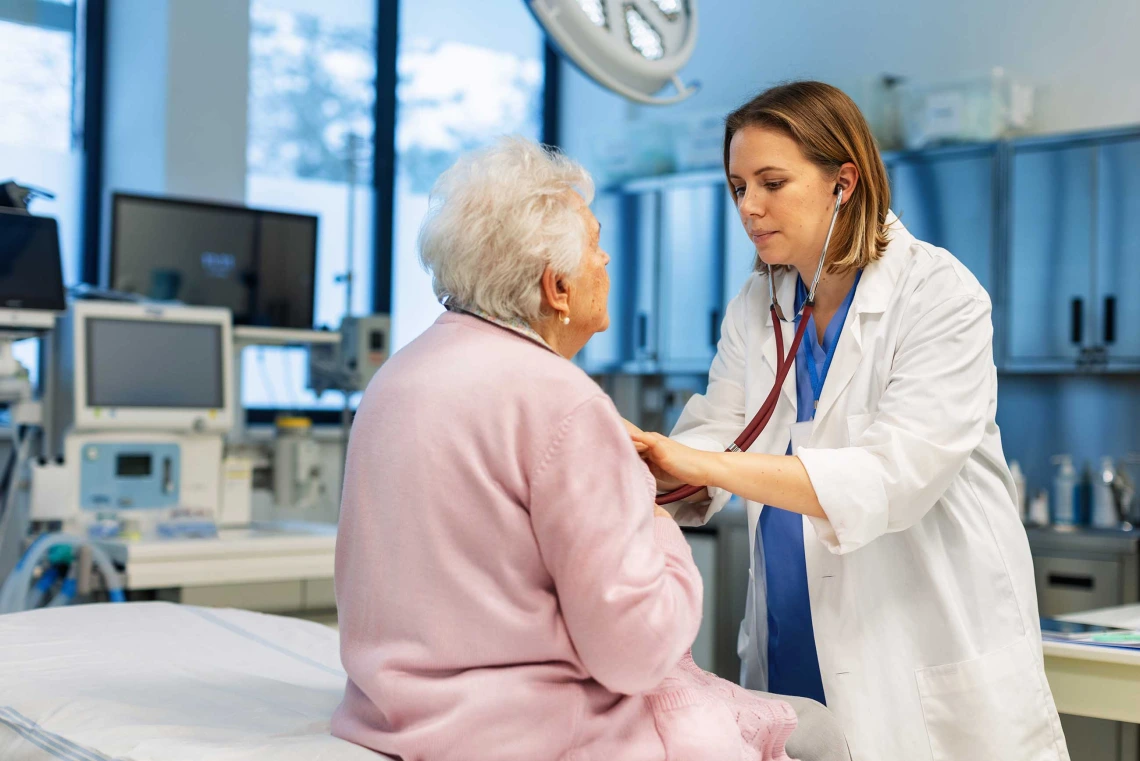
Cardiovascular disease continues to lead as the primary cause of death across the globe, taking millions of lives every year. Damage caused by these diseases is particularly difficult to repair, since the heart has minimal ability to regenerate itself. But what if we could reprogram the body’s own cells to restore damaged tissue?
This question has been tackled by scientists at Korea University, led by Dr...
Read More








Recent Comments